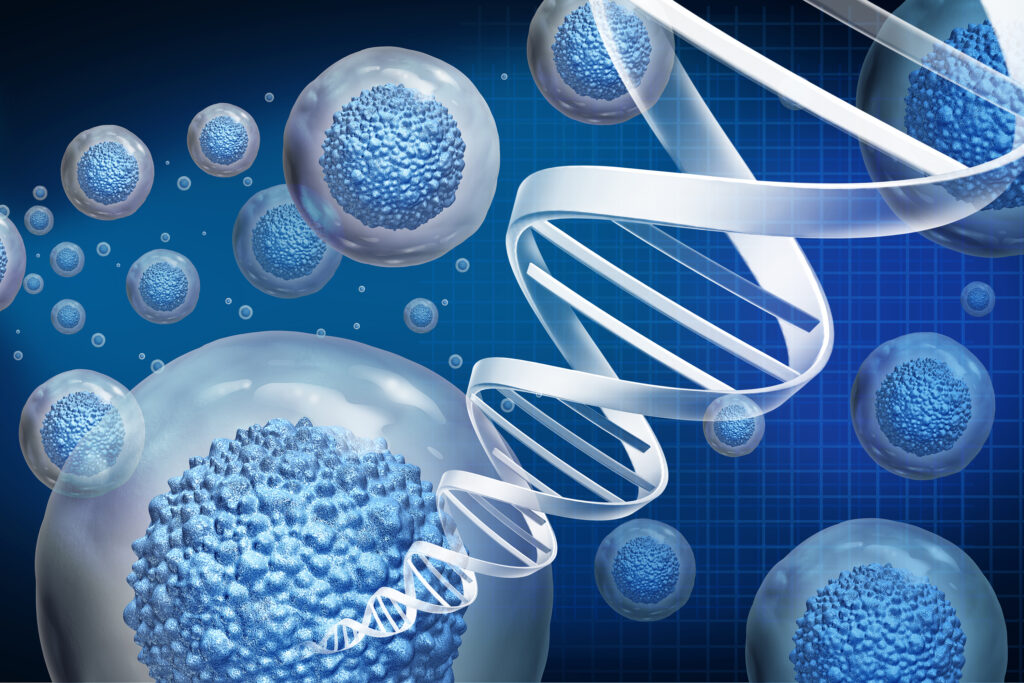The medical specialty that studies, diagnoses, prevents, and treats cancer is called oncology. It covers a broad spectrum of subspecialties and is essential to enhancing cancer outcomes through patient-centered treatment plans and sophisticated diagnostics.
Literally meaning “the study of tumors,” the word “oncology” is derived from the Greek words “onkos” (mass or tumor) and “logia” (study of).
What Is the Difference Between Cancer and Oncology?
- The biological disease known as cancer is typified by aberrant cell growth that has the potential to invade or spread to other body parts.
- The medical field that studies and treats cancer is called oncology.
Consider oncology as the science, medicine, and technology that are used to treat cancer.

What Are the Three Main Types of Oncology?
1. Oncology in Medicine
Medical oncologists use drugs such as chemotherapy to treat cancer systemically.
- Immunotherapy
- Hormone treatment
- Targeted treatment
Together with other specialists, they frequently oversee the overall cancer treatment plan.
2. Oncology by Surgery
Surgical oncologists are experts in identifying and surgically excising tumors. They are essential to: Biopsies
- Resection of the tumor
- Procedures for staging
- Reconstructive procedures (occasionally)
3. Oncology by Radiation
Radiation oncologists eliminate cancer cells by using radiation beams that are precisely targeted. Current developments consist of:
- Radiation therapy with intensity modulation (IMRT)
- Radiosurgery using stereotactic
- Proton treatment
To develop the best course of treatment, these three types frequently work together in a multidisciplinary team, which is typical in an oncology department of a hospital.
What Is a Cancer Doctor Called?
A cancer doctor is called an oncologist, with titles based on their specialty:
- Medical Oncologist: Uses drugs to treat cancer.
- Surgical Oncologist: Operates to remove tumors.
- Radiation Oncologist: Treats cancer using radiation therapy.
- Pediatric Oncologist: Treats cancers in children.
- Hematologist-Oncologist: Specializes in blood cancers like leukemia and lymphoma.
These professionals are the backbone of cancer care, working closely with nurses, nutritionists, and palliative care experts.
What Is an Oncology Test?
Oncology tests are essential tools for diagnosing, staging, and monitoring cancer. These include:
1. Biopsy
- Removal of tissue for microscopic examination.
- Gold standard for definitive cancer diagnosis.
2. Blood Tests
- Includes tumor markers (e.g., PSA, CA-125) to track certain cancers.
- Can also assess organ function and treatment response.
3. Imaging Tests
- CT scans, MRI, PET scans, and X-rays help locate tumors and assess spread.
4. Genetic Testing
- Identifies inherited cancer risks (e.g., BRCA1/2 for breast and ovarian cancer).
- Helps personalize treatment.
Early detection through testing can boost survival rates significantly. According to the American Cancer Society, early-stage cancers have survival rates of up to 90%, depending on the type.
Oncology Treatment: What Are the Options?
1. Chemotherapy
Destroys rapidly dividing cancer cells throughout the body. Often used for:
- Metastatic cancers
- Leukemias and lymphomas
- Pre-surgery (neoadjuvant) or post-surgery (adjuvant)
2. Radiation Therapy
Targets localized cancer areas using high-energy rays. It’s highly effective for:
- Brain tumors
- Head and neck cancers
- Prostate cancer
3. Surgery
Removes tumors and affected tissues. Sometimes combined with reconstructive procedures.
4. Immunotherapy
Stimulates the body’s immune system to fight cancer. Often used in:
- Melanoma
- Lung cancer
- Bladder cancer
5. Hormone Therapy
Blocks hormone production to slow growth in hormone-sensitive cancers like breast and prostate.
6. Targeted Therapy
Targets cancer-specific genes or proteins. It’s less toxic and more precise than chemotherapy.
Oncology treatment plans are usually multimodal, meaning patients may receive a combination of these therapies, depending on cancer type, location, and stage.
Oncology Focus: Patient-Centered & Precision Care
Modern oncology has shifted from a one-size-fits-all approach to precision oncology, which uses genetic, environmental, and lifestyle factors to tailor treatment.
Key areas of focus include:
- Psychosocial support
- Palliative care
- Survivorship planning
- Nutrition and rehabilitation
- Clinical trials and research participation
Final Thoughts
Oncology is more than a medical specialty—it’s a lifeline for millions worldwide. With a deep understanding of cancer, advanced testing methods, and highly targeted treatments, oncology doctors continue to transform patient outcomes.
Whether you’re exploring a career in oncology, seeking testing options, or navigating a cancer diagnosis, staying informed is the first step toward better care and peace of mind.
Authoritative Sources:



